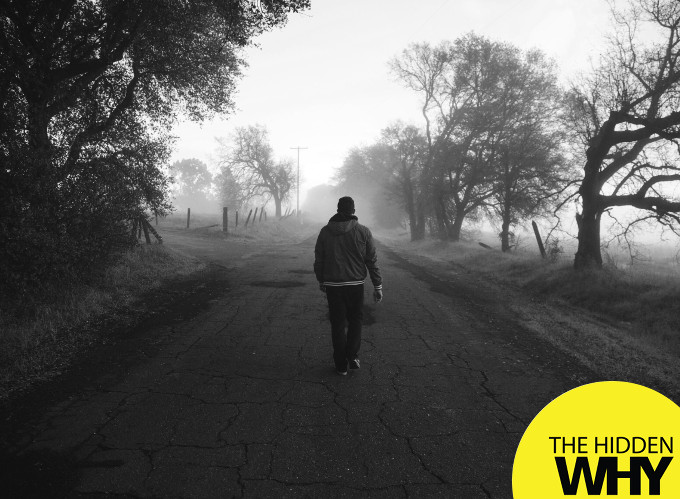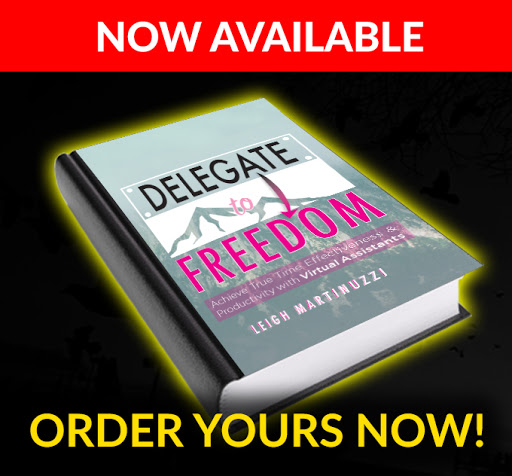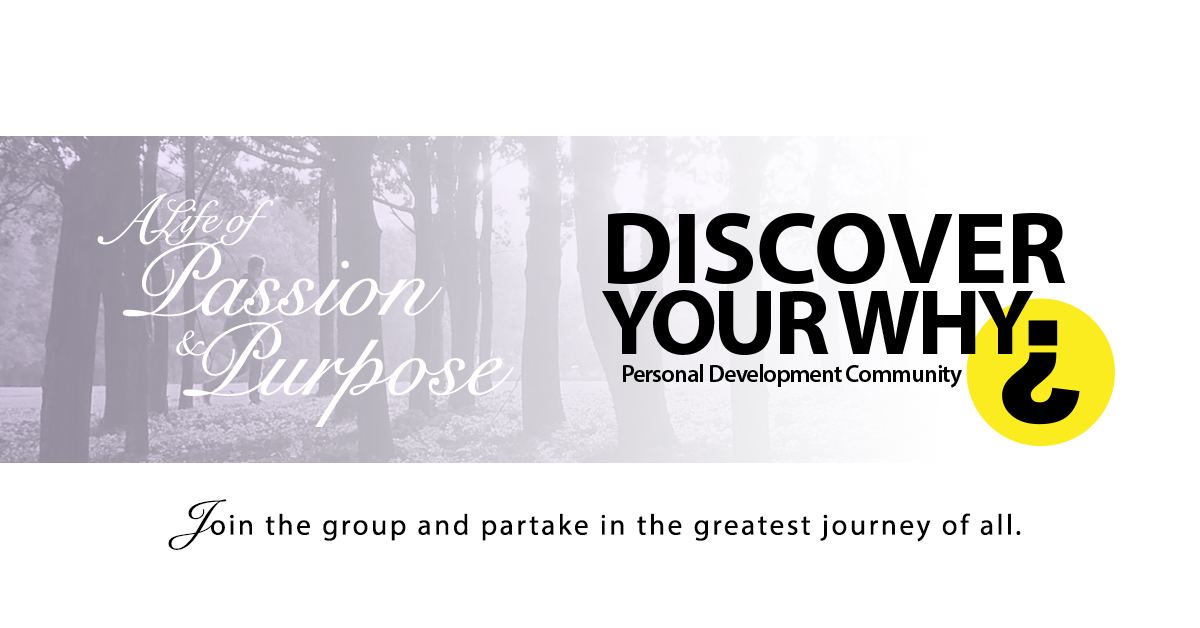
Why We Make Poor Decisions
Tim Ferriss shares a line by one of his mentors in which I feel sets the tone for why this topic is an incredibly important one. His mentor said, “Easy decisions make for a hard life. Hard decisions make for an easy life.” It had me reflecting on some of the decisions and choices I’ve had to make in recent times.
Decision making is one of the most laborious processes I know. For somethings, I can make decisions with relative ease, and for others, it can be a daunting task. I’ve made some excellent choices in life, some inferior ones, and at times when there are tough decisions to make I avoid them like the plague. Why?
I’m always inspired to research motivation and reasons behind why as it relates to how the journey of my life rolls out. How is it possible that by making hard decisions in life we can lead to an easier one? Why do we make poor decisions? In awareness and understanding perhaps I will be able to make wiser decisions moving forward.
In Dan Gilbert’s Ted Talk, titled “Why We Make Poor Decisions,” he shares an insightful formula as to how we calculate the expected value of something. This formula may help us better understand the reasons, errors and the why behind some of the decisions we make.
It was Daniel Bernoulli who apparently came up with this formula. He was an 18th-century Swiss mathematician known for his work on probability and statistics. The recipe looks like this, Expected value = Odds of gain + Value of gain. This relates to the actions or decisions we will likely make.
Here is how it works. If we can calculate the odds and value of any gain, we will be able to know might better how we will behave. For example, if in taking action the odds of something occurring is high and the value we attach to its occurrence is also high, we are likely to make a decision in favour of the action. If these elements are low, we will likely to make poor choices or none at all. At least this is my understanding of the formula.
According to Gilbert, there are a few reasons why people make bad decisions, and usually, it results from an error of judgement. What influences our ability to reason is our upbringing, conditioning, experiences and everything else we’ve been exposed to in life. That is the hardwiring of our brain, and it will affect how we calculate odds of gain and value. Emotions have an important role to play.
Gilbert also said that when we compare we may even make errors in judgment. Comparing is contextual to a particular experience. In one instance the odds may look favourable based on other positive elements occurring at the same time however in different contextual circumstances it may not be so.
There is the social comparison that effects our decisions and comparison to our experience. For example, many of our purchasing decisions are driven by social comparison. How will this make me look? Also, if we did or had something in the past that we remember as being good we might decide to purchase or do it again but this time be disappointed because the conditions were not the same.
These factors will contribute to either an overestimation or underestimation of odds and misrepresented perception of value.
Having experienced something more frequently in life, we will be in a better position to calculate the odds of it happening. For those things we are unfamiliar with it is more challenging to do this. For example, I can safely predict the odds of how good I will feel after going for a run in the morning, something I do a few times a week. On the other hand, waking up to go for a surf, something I’ve never done, will be more difficult to determine the expected value.
However, I can form assumptions based on my interactions with other surfers and their shared experiences and my knowledge that exercise and swimming in the ocean positively influence how I feel. In practice, I will be better able to calculate the odds. It reinforces to me why it is important to experiment and try things in life before ruling out possibilities that may lead to regret.
If we can easily see that the gain of something happening is more likely to occur because it has been something we’ve been more heavily exposed to or experienced, that will increase the overall expected value and the motivation to act. However, the odds of gain are based less on calculated fact and more so driven by emotions. In my experience, even with hard evidence, emotion usually overrules.
According to Lisa Feldman-Barrett, the theory that emotions are hard-wired is flawed. She proposes the constructionist theory which states that emotions are learned and built over a lifetime of experiences. Neuroscience research has found that emotions result from numerous brain networks working in tandem and influenced by “effect” – the mind and body relationships to stimuli.
As mammals, in life, we are influenced by the need to survive. To do this, we seek to fulfil our fundamental needs that are purposeful to our survival. Reward and punishment drive our actions. The brain functions as an efficiency tool. To help us remember what is good or bad and hence improve our ability to survive. The issue is that it is not necessarily always right.
The brain, now filled with pre-conditioned tendencies, will interact with the external environment and how the body feels to produce emotions, either positive or negative. Emotion will powerfully motivate our decisions, and how well we determine the odds of gain and value of gain despite evidence or fact, that may suggest otherwise.
How many times do we do, say, eat, or think things that even against our best judgment we still proceed? When angry I may lash out violently, and yet I know it’s not the best solution. When tired or sad I eat unhealthy foods or drink despite my knowledge that such things are not suitable for me long-term. I buy something that I want in anticipation of how happy it will make me feel and yet a couple of days or hours later I’ve forgotten all about it. I realise that most of what I think I want is driven by perceived needs and that without it I wouldn’t be any worse off.
In summary, and this may sound obvious to many of you, emotions affect the quality of decisions we make in life. Emotions affect the quality of life. I believe that with increased awareness and growth in our knowledge we will be able to understand better how our emotions work and therefore how they direct our decisions. From there, may we all make better decisions and live a life with greater freedom, fulfilment and happiness.
Further Reading and Resources
TED Talks: Ideas worth spreading
Elite Daily: The Voice of Generation Y
Four Hour Work Week: How to escape the 9-5, live anywhere and join the new rich.
The Minimalists: How to pursue a minimalist lifestyle and be happier.
Mind Hacks: Tips and Tricks for Using Your Brain
Rich Roll: Plantpowered Wellness Advocate
The Art of Charm: Build confidence, feel comfortable and networking differently.
The Art of Manliness: Encouraging men to be better husbands, fathers, brothers, citizens.
Tiny Buddha: Simple wisdom for complex lives.
Mind Body Green: Lifestyle media brand dedicated to inspiring you to live your best life.
Zen Habits: Find simplicity and mindfulness in life.
Creative NonFiction: “true stories well told.”
Barking Up the Wrong Tree: science-based answers and expert insight on how to be awesome at life.
The Positivity Blog: Practical articles on happiness, self-esteem, productivity and social skills.
FIND YOUR HIDDEN WHY with THE HIDDEN WHY (THW)
BUILD YOUR LIFE AROUND YOUR PASSION AND LIVE WITH PURPOSE
Sign up for free below and receive cool stuff from me each week + Plus a free copy of “The Four Pillars of Success”
In my weekly emails you will receive ideas, thoughts, learning’s and inspiration on:
- How to design a life that you want and live by your terms
- How to live a life with passion & purpose
- Methods, strategies, & techniques on life hacks
- Messages on how to better live your life
- We will also keep you up to date with fantastic interviews from THW podcast













Leave a Reply